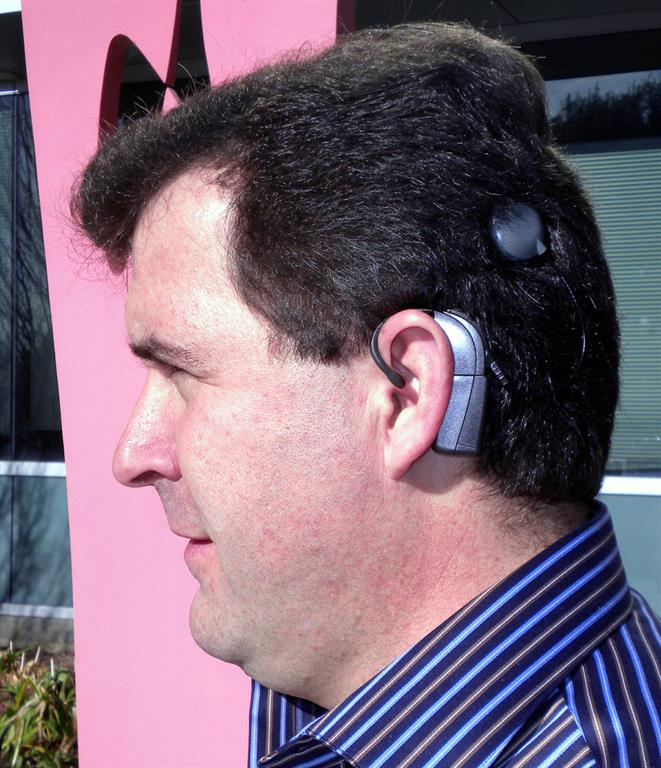The manner in which the Social Security Administration (SSA) evaluates hearing loss when considering an individual for SSD benefits is very thorough, but can be very confusing. Here we have listed much of what the SSA provides in their listings. However, if there is anything that doesn’t make sense, please feel free to contact us and we can walk you through it.
How Is Hearing Loss Evaluated?
In the SSA disability listings, under 2.00 Special Senses and Speech, the SSA states:
We need evidence showing that you have a medically determinable impairment that causes your hearing loss and audiometric measurements of the severity of your hearing loss. We generally require both a complete otologic examination and audiometric testing to establish that you have a medically determinable impairment that causes your hearing loss. You should have this audiometric testing within 2 months of the complete otologic examination. Once we have evidence that you have a medically determinable impairment, we can use the results of later audiometric testing to assess the severity of your hearing loss without another complete otologic examination. We will consider your test scores together with any other relevant information we have about your hearing, including information from outside of the test setting.
While a cochlear implant is not necessary for you to receive Disability benefits, if you don’t have one, SSA says that you must complete the following tests:
We generally need pure tone air conduction and bone conduction testing, speech reception threshold (SRT) testing (also referred to as “spondee threshold” or “ST”‘ testing), and word recognition testing (also referred to as “word discrimination” or “speech discrimination” testing). This testing must be conducted in a sound-treated booth or room and must be in accordance with the most recently published standards of the American National Standards Institute (ANSI). Each ear must be tested separately. You must not wear hearing aids during the testing. Additionally, a person described in the previous section must perform an otoscopic examination immediately before the audiometric testing. (An otoscopic examination provides a description of the appearance of your external ear canals and an evaluation of the tympanic membranes. In these rules, we use the term to include otoscopic examinations performed by physicians and otoscopic inspections performed by audiologists and others.) The otoscopic examination must show that there are no conditions that would prevent valid audiometric testing, such as fluid in the ear, ear infection, or obstruction in an ear canal. The person performing the test should also report on any other factors, such as your cooperation with the test, that can affect the interpretation of the test results.
What Testing is Needed if You Have a Cochlear Implant?

If you have a cochlear implant, SSA will consider you to be disabled until 1 year after initial implantation.
After that period, we need word recognition testing performed with any version of the Hearing in Noise Test (HINT) to determine whether your impairment meets 2.11B. This testing must be conducted in quiet in a sound field. Your implant must be functioning properly and adjusted to your normal settings. The sentences should be presented at 60 dB HL (Hearing Level) and without any visual cues.
In some cases, the tests require word recognition, but this can cause problems if the individual being tested is not fluent in English. If you or someone you know who is being tested does not speak fluent English, you can consult the SSA impairment listings listing for “Hearing” to find out what other options there are under the special senses and speech listings.
If you or someone you know has lost their hearing and is unable to work, please contact us and let us help you through this hard and confusing time. We can provide answers and information, and if you want us to, then we can handle to disability claims process for you.
Photo “cochlear inplant” copyright by Yahoo! Accessibility Lab.